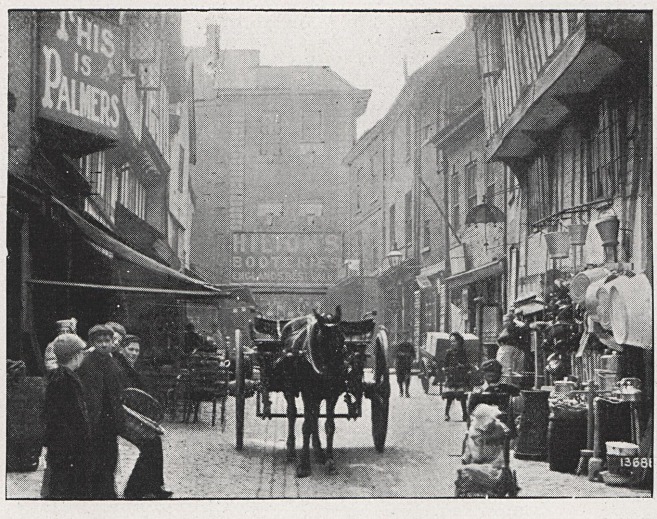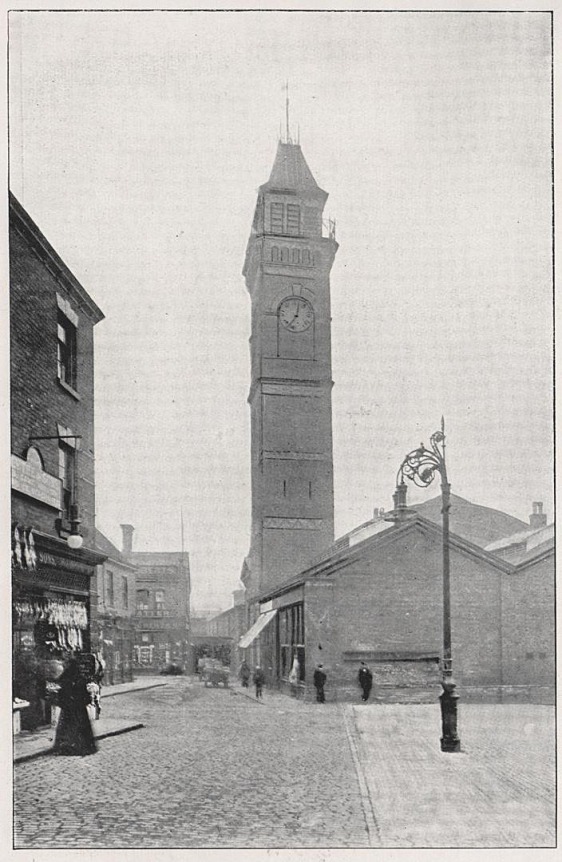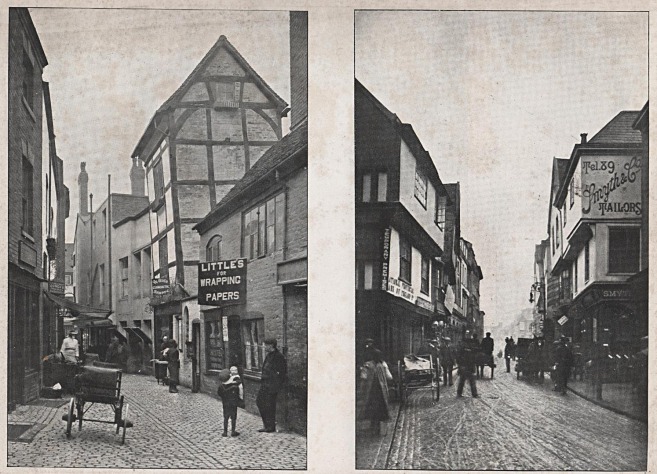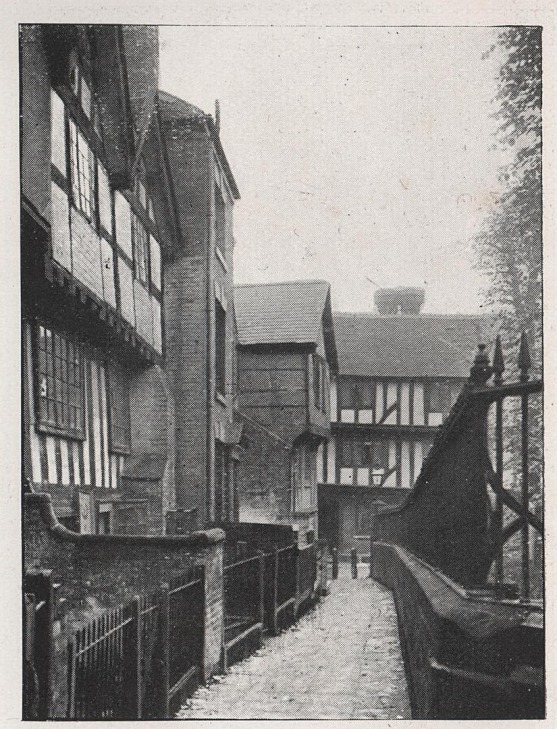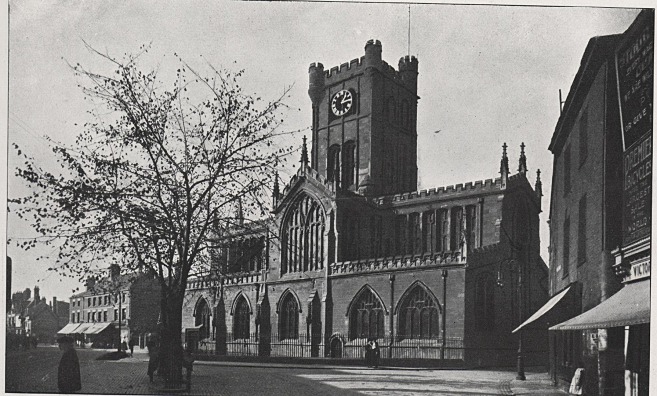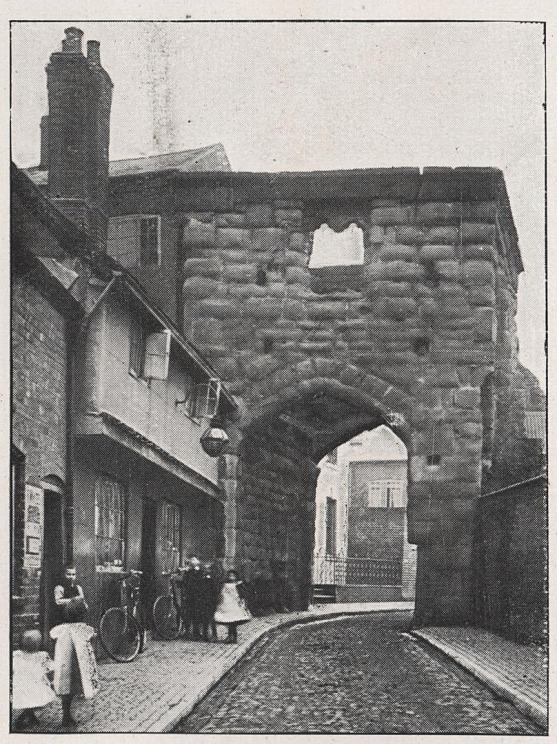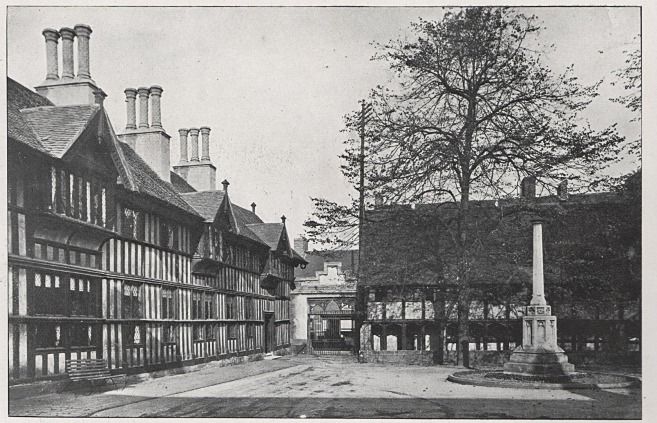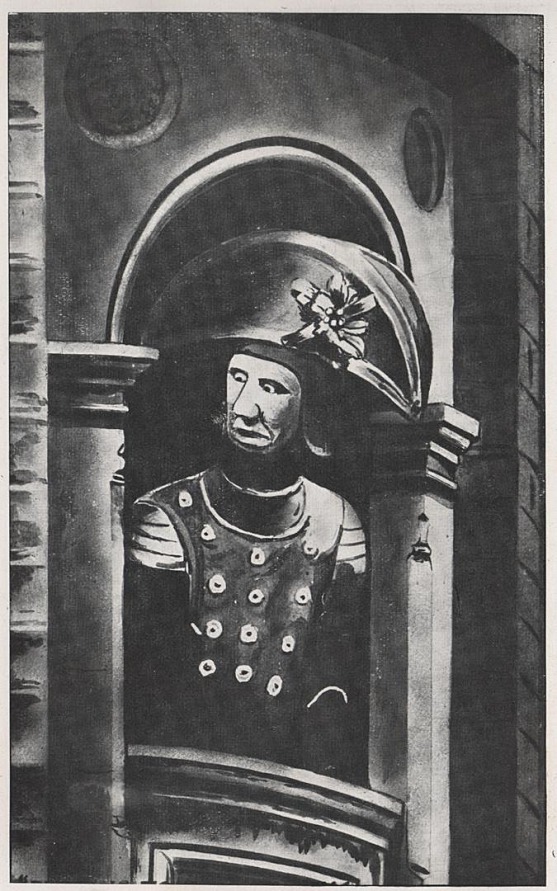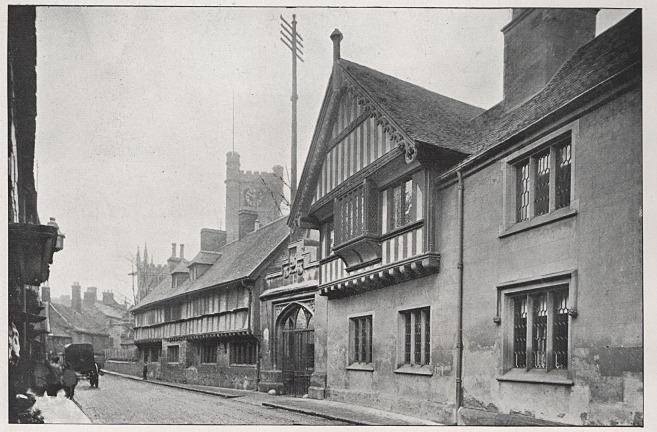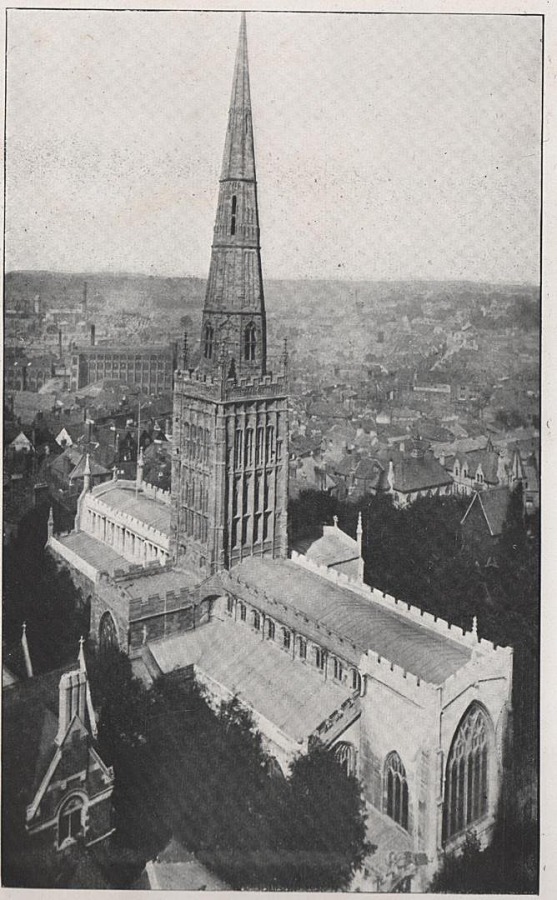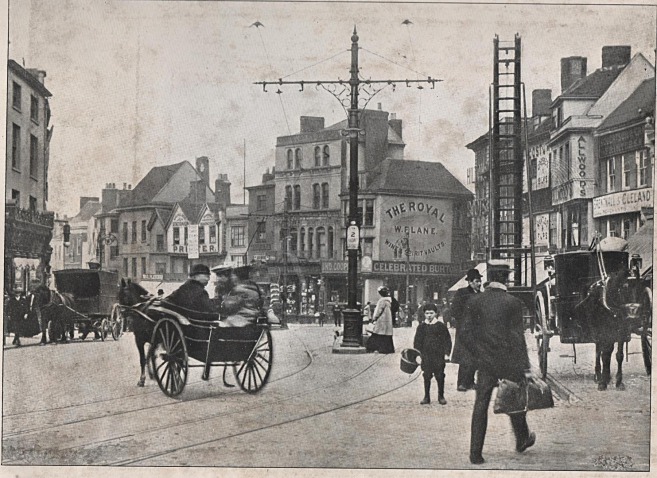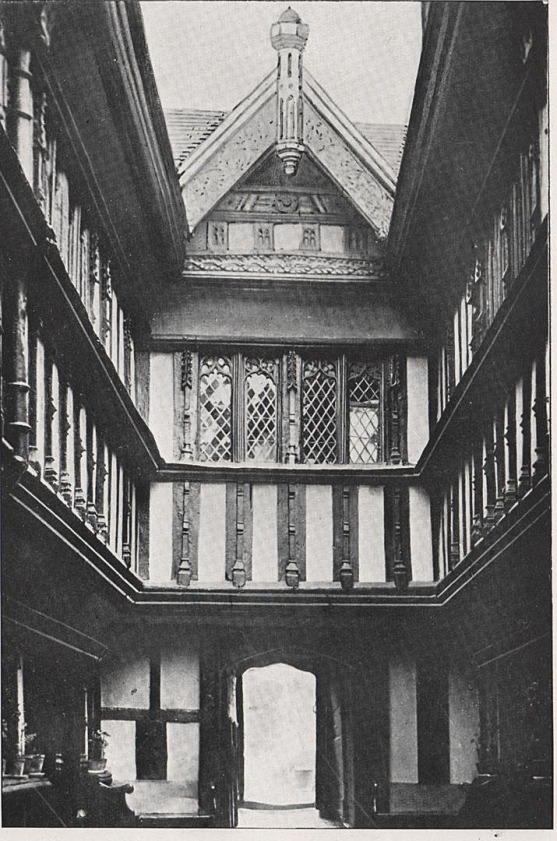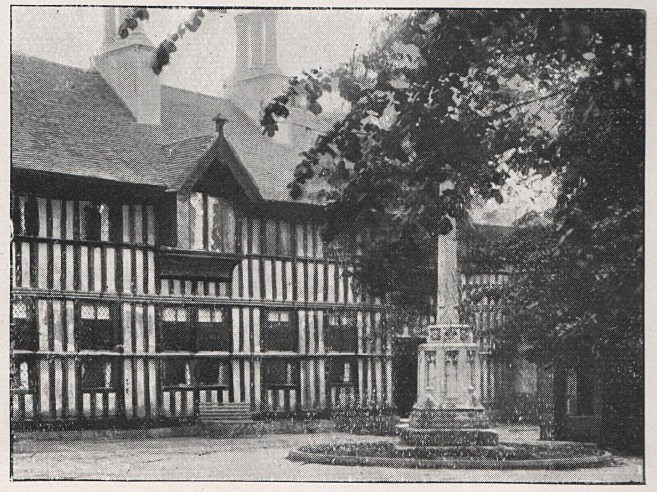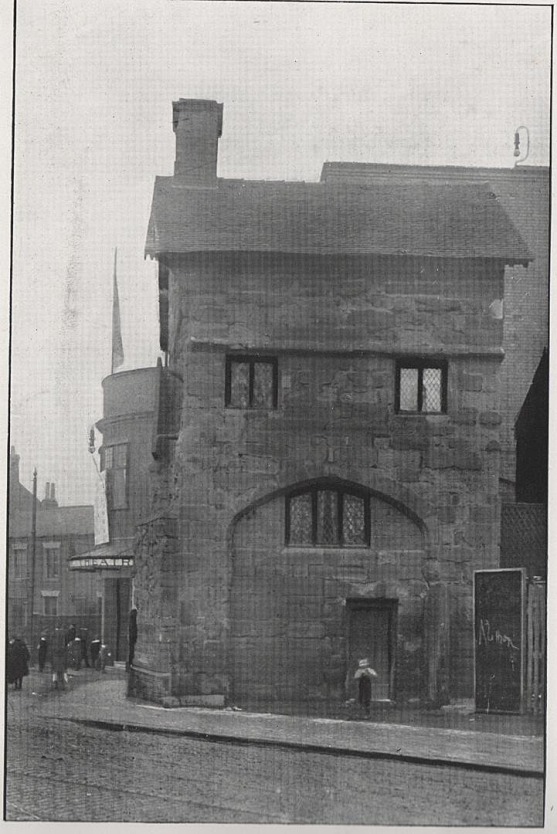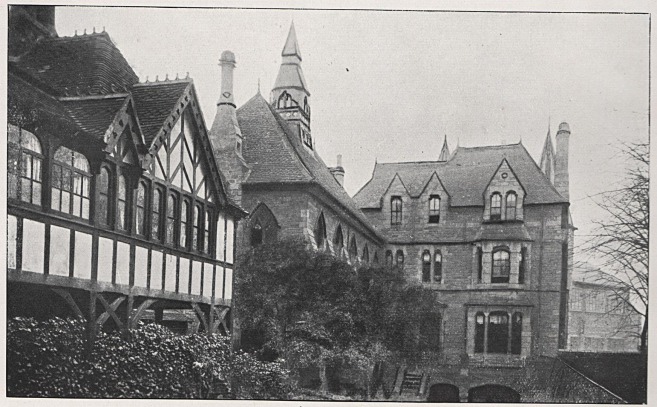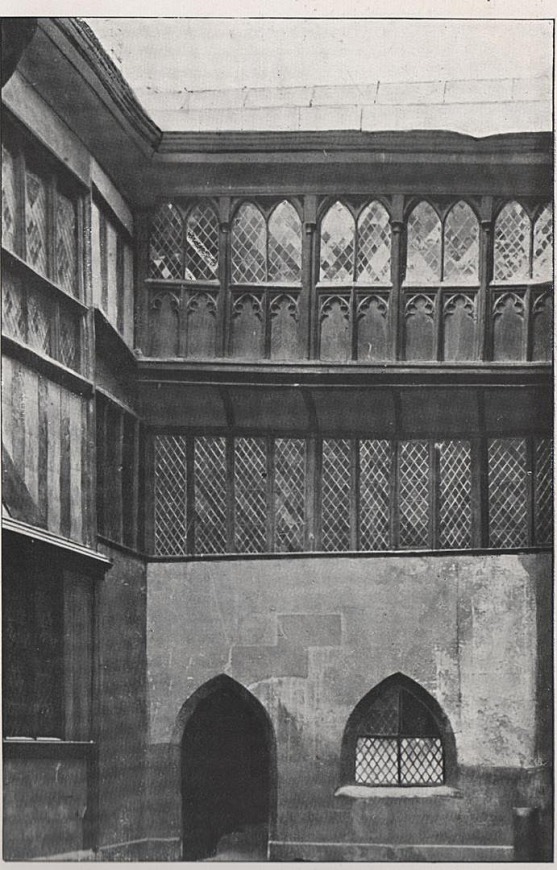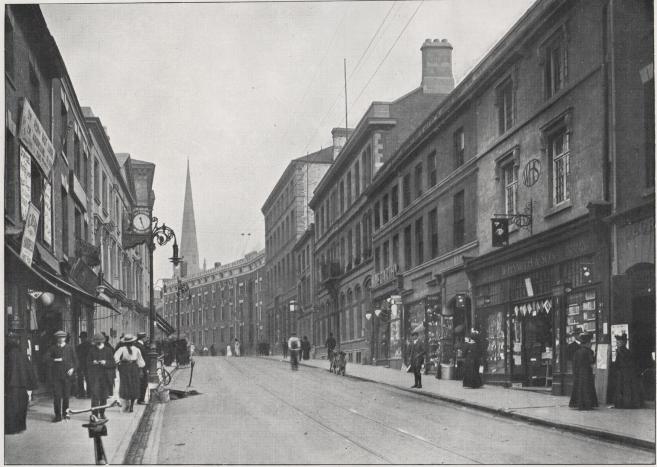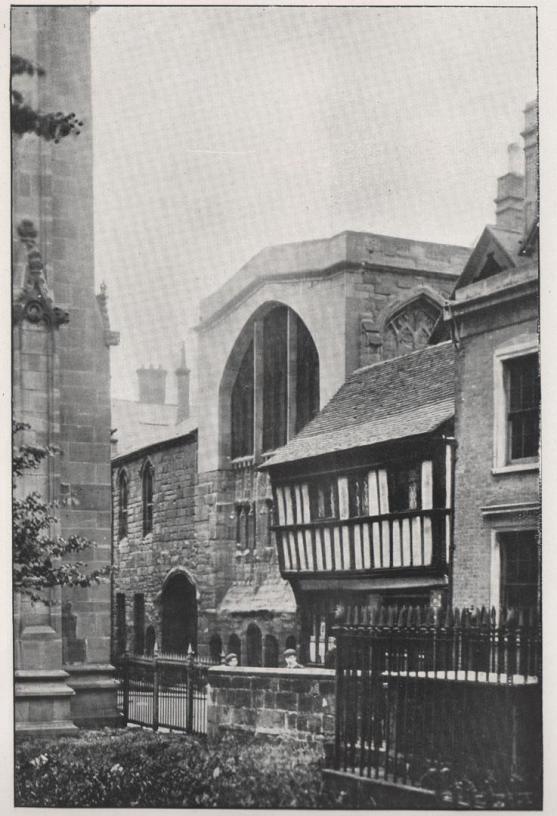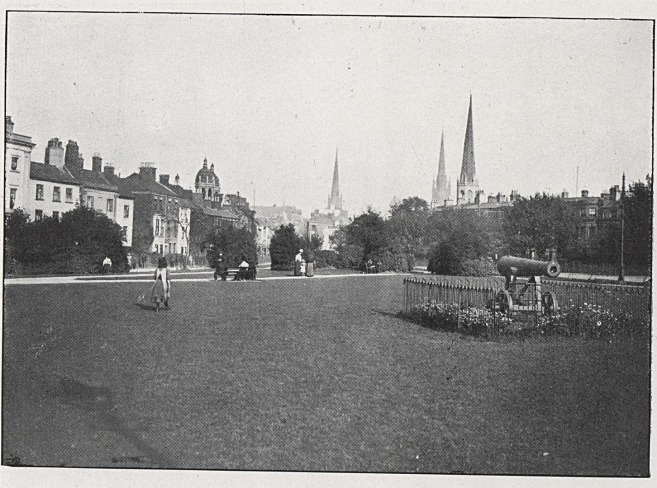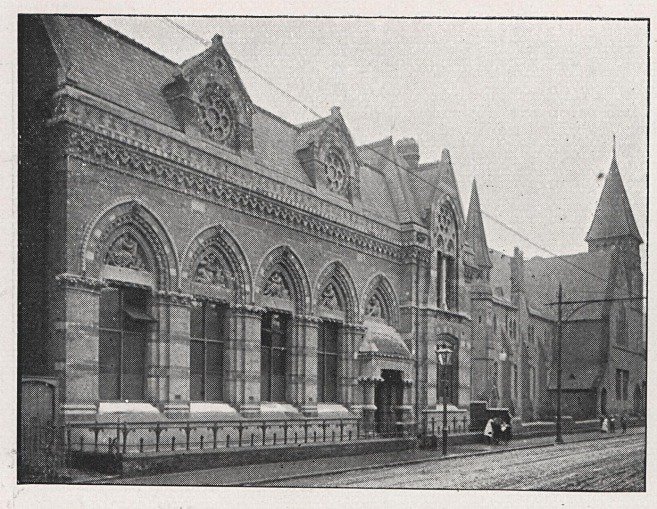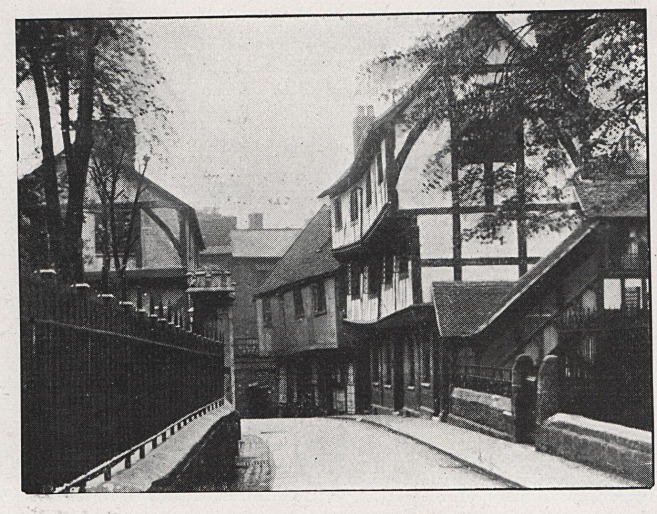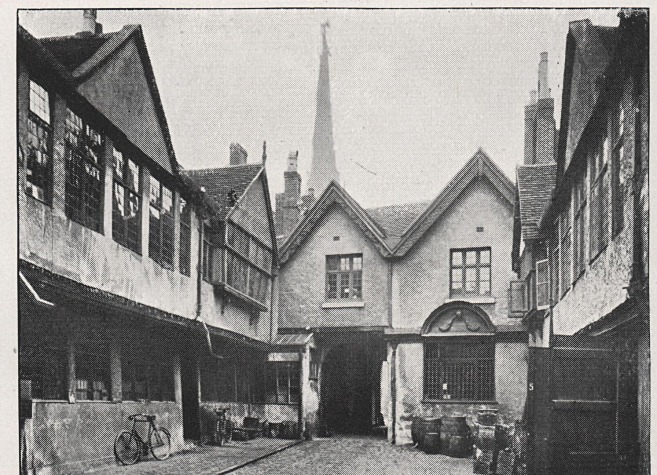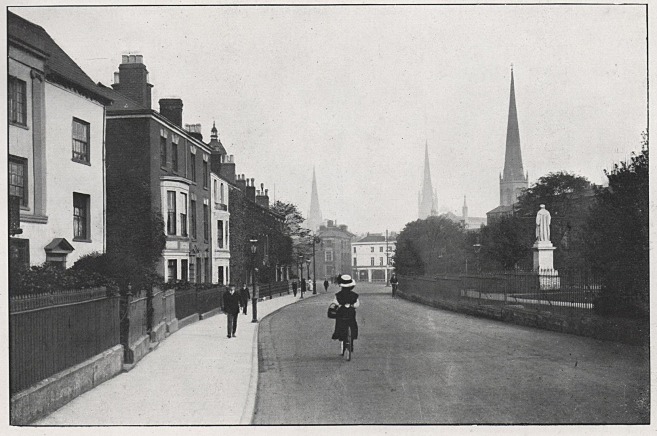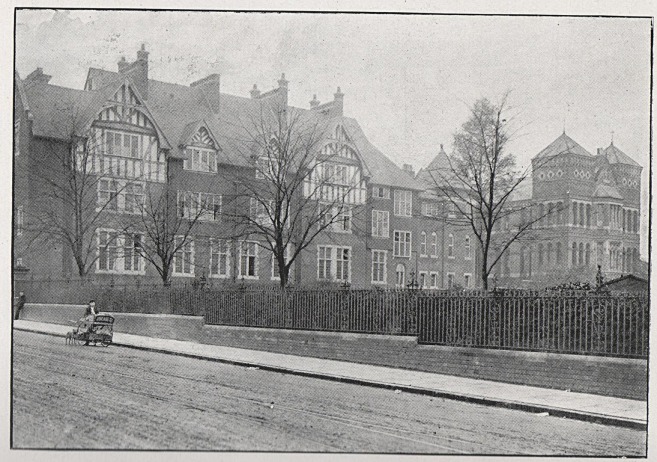Welcome to the Rudloe and environs website.
Here you will find news, articles and photos of an area that straddles the Cotswold Area of Outstanding Natural Beauty in north-west Wiltshire.
Contributions in the form of articles or photos are welcome. Even those with completely contrary views to mine!
Thanks to the website builder 1&1 and Rob Brown for the original idea.
Rudloescene now, in January 2014, has a sister, academic rather than anarchic, website about Box history here: http://www.boxpeopleandplaces.co.uk/
It contains thoroughly professional, well-researched articles about Box and its people.
Contact rudloescene through the 'Contact' page.
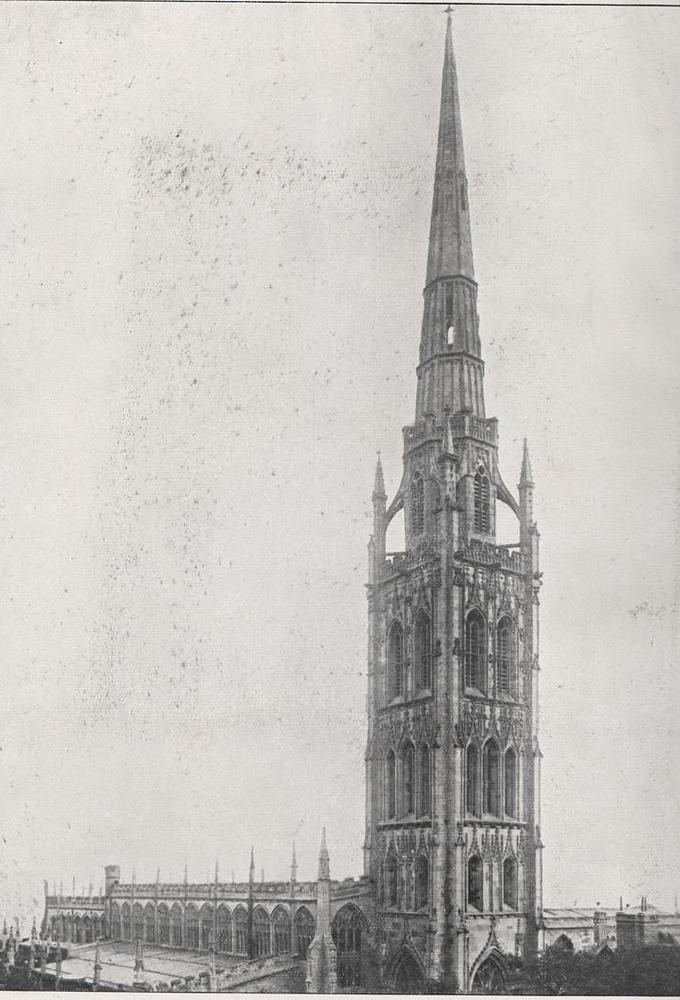
These photos started life as the Grand Christmas Quiz 2016 with just one question. Name the city pictured in the photographs taken at the end of the 19th century. Any road up, the only winner of the quiz was Rosie McNamara of Cirencester who identified this 'once-delightful' city - Coventry.
In Peter Ackroyd's The Life of Thomas More we find the following: 'Another journey at this time was more provincial in nature. At some point after his marriage, More decided to visit his sister Elizabeth in Coventry. She had married the lawyer John Rastell, who succeeded his father as coroner of that city in 1506. Since he also presided over the Court of Statute Merchant, and since many citizens of Coventry were merchants of the Staple of Calais, it is possible that More was involved in business as well as family reunion. Coventry was a city of 'fayre streets' and 'fayre towers', their stone a 'darkshe depe redde'. It was also noted for its devotion. The Cathedral Church, Trinity Church, the Church of Grey Friars and the Churches of St John and St Michael were the five most eminent places of worship; there was a Charterhouse of Carthusians and a famous Hall of St Mary which was filled with tapestries emblazoned with the Virgin's heavenly splendour. At the time of More's visit the city was siezed by a particularly severe fit of Mariolatry, with a Franciscan monk preaching the good news that whoever recited psalterium beatae virginis (by which he meant the rosary) each day could never be damned.'
